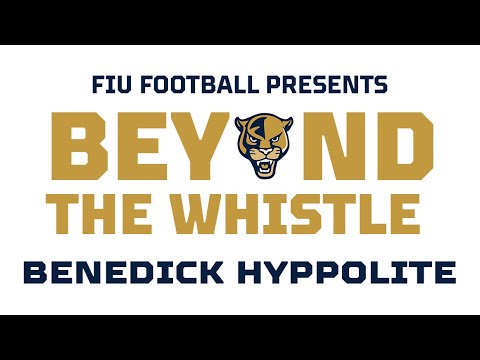In the often-turbulent world of professional football, where emotions run high and decisions are scrutinized with relentless precision, quiet administrative initiatives rarely capture headlines. Yet, a recent event in Portuguese football signals a potentially pivotal shift, one that promises to foster greater understanding and cooperation between key stakeholders. The Liga Portugal recently hosted an unprecedented round table, bringing together referees and delegates for a direct, unfiltered dialogue – a strategic move aimed at enhancing the integrity and operational flow of the sport.
The Uncharted Territory of Dialogue
For too long, the various components of professional football – from players and coaches to referees and administrative staff – have operated in somewhat siloed environments. Referees, often the subjects of intense public and media scrutiny, perform their duties under immense pressure. Delegates, on the other hand, are the silent guardians of matchday operations, ensuring compliance and smooth execution behind the scenes. While their roles are distinct, their objectives are inextricably linked: the successful and fair execution of a football match.
This inherent separation, however, can sometimes breed misunderstanding. The 30th training session for Liga Portugal Delegates, held at the Arena Liga Portugal, marked a deliberate departure from this historical norm. It wasn`t merely another training module; it was a carefully orchestrated forum for bridge-building.
Architects of Understanding: The Round Table Dynamics
The core of this groundbreaking event was a round table discussion featuring two active referees, David Silva and José Bessa, alongside experienced delegates Alberto Moreira and Augusto Carvalho. Moderated by Pedro Santos, Liga Portugal`s Director of Competitions, the session was designed to be an open exchange of perspectives, challenges, and insights.
The dialogue aimed to dissect the intricacies of their respective roles within the competitive framework of professional football. For referees, it was an opportunity to articulate the complexities of split-second decisions and the pressures of managing a live game. For delegates, it was a chance to share the logistical hurdles and administrative demands they face, all of which directly impact the environment in which referees operate. The objective was not to apportion blame or engage in criticism, but to cultivate a deeper mutual understanding of each other`s responsibilities and limitations.
A Strategic Imperative: Beyond the Day-to-Day
Liga Portugal`s initiative in facilitating this interaction underscores a broader strategic vision. The league extended a formal appreciation to the Portuguese Football Federation`s Arbitration Council for their readiness to participate, highlighting a robust spirit of institutional cooperation. This collaborative ethos is presented as fundamental to the ongoing development and enhancement of professional football in Portugal.
In an era where the integrity and professionalism of sports are under constant global scrutiny, fostering strong, transparent relationships among all stakeholders is not merely beneficial – it is essential. This dialogue is indicative of a conscious effort to move towards a more cohesive footballing ecosystem, where problems are addressed collaboratively, and improvements are driven by shared knowledge and collective responsibility.
One might even suggest that while the on-field drama captures the public`s imagination, the true progress often occurs in quieter rooms, where administrators and officials engage in the painstaking, sometimes thankless, work of system optimization. It’s far less dramatic than a last-minute winner, but arguably more impactful for the long-term health of the game.
The Path Forward: Valuing Competitions Through Collaboration
This landmark discussion signifies more than just a one-off event; it lays the groundwork for what Liga Portugal terms “a new era for Professional Football.” This era is envisioned as one built on:
- Closer Relations: Breaking down traditional barriers between operational units.
- Knowledge Sharing: Enabling a reciprocal understanding of challenges and best practices.
- Joint Responsibility: Acknowledging that the quality and value of competitions are a collective endeavor.
By fostering an environment where referees and delegates can openly discuss their experiences and operational needs, Portuguese football aims to mitigate future conflicts, enhance consistency in decision-making, and ultimately, elevate the overall standard of its competitions. Such proactive engagement is a testament to the league`s commitment to continuous improvement, moving beyond reactive measures to establish a foundation of proactive collaboration.
In conclusion, while the football world often fixates on the spectacle of the game, the recent dialogue between Liga Portugal`s referees and delegates represents a vital, albeit less visible, stride towards systemic improvement. It`s a reminder that the beauty of football isn`t solely in its moments of glory, but also in the meticulous, collaborative efforts to ensure its fair play and enduring integrity. This quiet revolution of dialogue may well prove to be one of the most significant victories for Portuguese football in the years to come.








